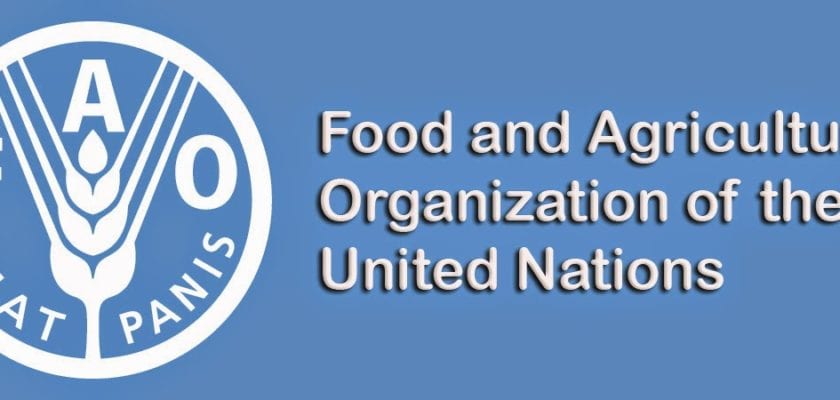A report released by Food and Agriculture Organisation (FAO) and World Food Programme (WFP) of the United Nations has warned that acute hunger was set to soar in Nigeria and 20 other countries in the coming months.
According to the report, urgent steps should be taken to avert the hunger and risk of famine. People in South Sudan, Yemen and northern Nigeria were particularly listed as the most at risk of rising and dangerously high acute food insecurity.
In a joint statement released by both UN’s organizations, the FAO Director-General Qu Dongyu said, “The magnitude of suffering is alarming. It is incumbent upon all of us to act now and to act fast to save lives, safeguard livelihoods and prevent the worst situation.”
READ ALSO: Senate Raises Concern Over Poor Metering by NERC
He noted that in many regions, the planting season has just started or was about to start. He therefore urged that, “We must run against the clock and not let this opportunity to protect, stabilise and even possibly increase local food production slip away.”
Yemen, South Sudan and northern Nigeria top the list and face catastrophic levels of acute hunger, with families in pockets of South Sudan and Yemen already in the grip of or at risk of starvation and death, according to the hunger hotspots report.
It stated that although majority of affected countries are in Africa, acute hunger was due to rise steeply in most world regions from Afghanistan in Asia, Syria and Lebanon in the Middle East, to Haiti in Latin America and the Caribbean.
On his part, WFP Executive Director David Beasley, said, “We are seeing a catastrophe unfold before our very eyes. Famine – driven by conflict, and fuelled by climate shocks and the COVID-19 hunger pandemic – is knocking on the door for millions of families.”
“We urgently need three things to stop millions from dying of starvation: the fighting has to stop, we must be allowed access to vulnerable communities to provide life-saving help, and above all we need donors to step up with the US$ 5.5 billion we are asking for this year,” he added.
The report emphatically stated that, “In conflict-hit northern Nigeria, projections for the June-August lean season show that the number of people in emergency level of acute food insecurity is likely to almost double – to over 1.2 million – since the same period last year.
“In the next six months, food and nutrition insecurity is set to rise considerably in northern Nigeria with some 13 million people affected unless food and livelihood assistance is scaled up.”
The report recommended critical short-term actions in each hunger hotspot to address existing and future needs.
These recommendations range from scaling up food and nutrition assistance, distributing drought-tolerant seeds, treating and vaccinating livestock to rolling out cash-for-work schemes, rehabilitating water-harvesting structures and increasing income opportunities for vulnerable communities.

